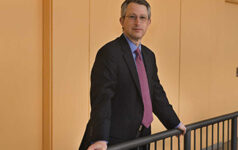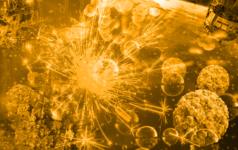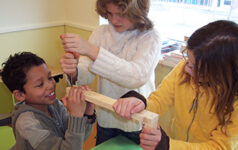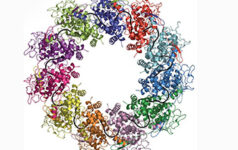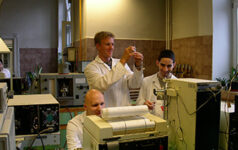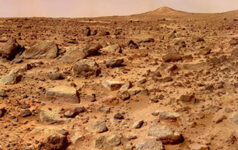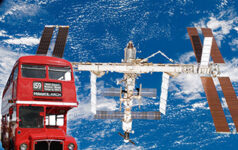On the trail of a cure for cancer
Joan Massagué has discovered secrets that can save lives. An expert in cell division and the spread of cancer, he is one of the 50 most quoted researchers in all scientific fields. He speaks to Sarah Sherwood about his recent work on metastasis and his hopes for a cure for cancer.






